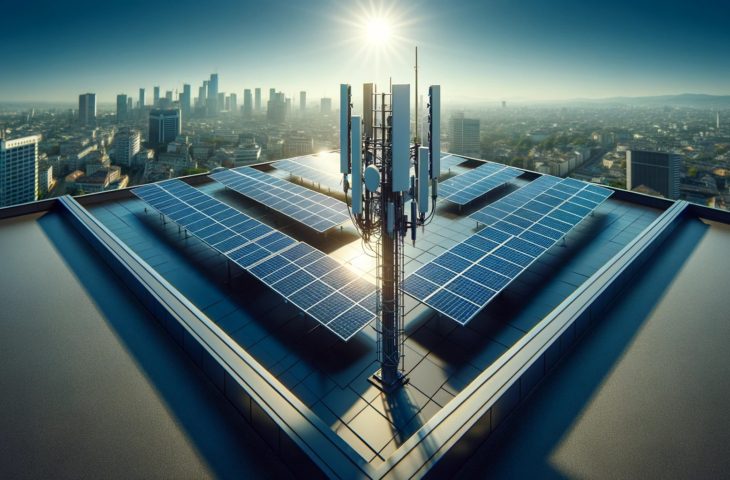Sustainability is an important issue for Belgian telecom operators. This emerges from a study by the Belgian Institute for Postal Services and Telecommunications (BIPT). In the period 2018-2022, their energy consumption fell by 9 percent. CO2 emissions were even reduced by 19 percent. The operators halved their mountain of waste, among other things by recycling set-top boxes and modems. The study shows that the devices used by end consumers consume as much electricity as the telecommunications operators’ own energy consumption.
Telecommunications work is crucial for the sustainable development and further digitalization of various sectors, reports BIPT in a press release following the study. Given the growing data consumption associated with this development, it is important to know the evolution of their ecological footprint. For this reason, BIPT follows developments closely and provides an up-to-date picture of the sustainability of the operators, networks, modems and set-top boxes used.
Positive development
BIPT’s study focuses on the evolution of energy consumption, CO2 emissions and waste processing by Orange Belgium, Telenet and Proximus. Various initiatives and objectives of the operators show that sustainability is an important topic. For the domains examined, a positive development was determined for the period 2018-2022 based on the operators’ data.
Energy consumption fell by 9 percent during this period. As a result, the telecommunications sector’s share of total energy consumption in Belgium is less than 0.2 percent. The operators obtain 77 percent of their energy from renewable sources. At the same time, the study shows that a landline network requires up to 35 times less energy than a mobile network to send the same amount of data. Consumer modems and set-top boxes consume an average of 100 and 40 kWh per year. Their total consumption is roughly equivalent to the combined electricity consumption of the three largest operators. The study therefore provides some concrete action points for end consumers.
CO2 and waste
In the period 2018-2022, the operators managed to reduce CO2 emissions by 19 percent. A large part of the emissions are offset by purchased emission certificates. According to BIPT, all operators want to move to “net zero”. To achieve this, they continue to invest in greening the vehicle fleet and promote alternative mobility. In addition, the operators state that they want to switch completely to renewable or self-produced electricity.
Operators reduced their waste (cables, antennas, servers, smartphones, modems) by 48 percent. Of this, 16 percent was neither recycled nor reused. Operators have launched or are planning various initiatives to reuse or recycle discarded devices, routers and set-top boxes. The number of reused products rose to 1.6 million in 2022. The largest group is set-top boxes, followed by modems and routers.
